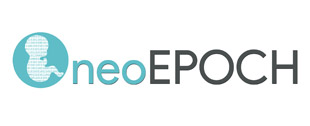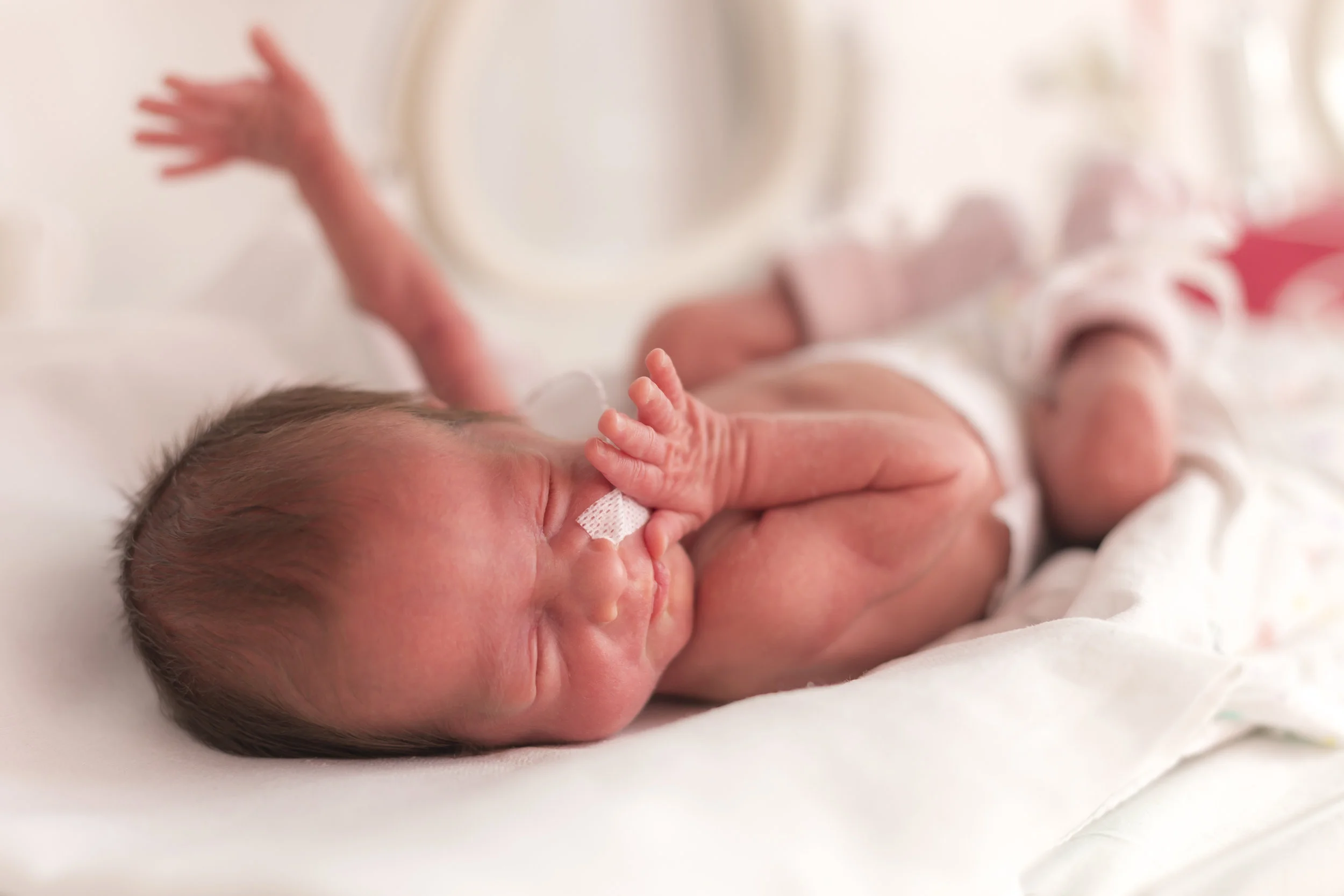Past Research
We have been working to make neonatal research simpler, easier and more useful for quite some time; here are some projects we have already completed.
Core outcomes in neonatology: development of a core outcome set for neonatal research
Inconsistent reporting of outcomes of limited relevance to former patients, parents and healthcare professionals is an important cause of research waste. In this article we report the development of a core outcome set for neonatal research.
Towards greater efficiency in paediatric clinical research
The worry that clinical research can be inefficient and wasteful is not new - clinical trials are often expensive and time consuming. Here Chris Gale and Neena Modi outline their vision for more efficient neonatal clinical trials to improve clinical care.
DEVELOPING, IMPLEMENTING AND DISSEMINATING A CORE OUTCOME SET FOR NEONATAL MEDICINE
Here we describe the protocol for the COIN project: to develop a core outcome set for neonatal care. Developing such a core outcome set will identify which outcomes are most important to all affected by neonatal care. Standardised reporting of outcomes in clinical trials will facilitate evidence synthesis in neonatal medicine. A neonatal core outcome set will also be used to improve the national registry, audit and benchmarking processes.
CORE OUTCOME SETS IN WOMEN'S AND NEWBORN HEALTH: A SYSTEMATIC REVIEW
Core outcome sets make research more relevant to patients and health professionals, and reduce research waste. In this review, we show that while core outcome sets are being developed in women's health, they are lacking in neonatal care.
CORE OUTCOME SETS
Clinical trials guide clinical practice by demonstrating whether a treatment is beneficial or not for patients - this is the outcome of a trial. Clinical trials are 'only as credible as their outcomes’; badly chosen outcomes can lead to trials measuring things that are not important to patients or health professionals. Core outcome sets are one method to improve outcome selection and reporting in trials - to make trials more efficient and useful to patients and health professionals.
RESEARCH ETHICS COMMITTEE DECISION-MAKING IN RELATION TO AN EFFICIENT NEONATAL TRIAL
High-quality, randomised controlled trials are the best way to improve neonatal care. Unfortunately these trials are becoming more expensive, complicated and burdensome for neonatal doctors and nurses.
There are ways to make these randomised controlled trials simpler and more efficient - like using existing information (rather then collecting it all over again) and making it easier for parents to be involved - but these are not often used.
All research that involves NHS patients in the United Kingdom is reviewed by a Research Ethics Committee to make sure it is safe and beneficial. In this research we showed that most NHS Research Ethics Committees approve efficient neonatal trials (trials that use existing electronic health information, short parent information sheets that mention the possible benefits of being involved in research and a simple opt-out type of consent).
Neonatal randomised point-of-care trials are feasible and acceptable in the UK: results from two national surveys
Clinical trials that use existing data, rather than collecting it all over again, can be called point-of-care trials. Using existing data like this can make research simpler, easier and more efficient. Neonatal units in the United Kingdom already record information using electronic patient notes (or electronic health record systems), and these are held in the National Neonatal Research Database.
This research shows that neonatal doctors and nurses working in the United Kingdom are keen to use data already held in the NNRD to make neonatal clinical trials simpler and more efficient.
The UK National Neonatal Research Database: using neonatal data for research, quality improvement and more
In NHS neonatal units in the England, Scotland and Wales, doctors and nurses record clinical information on the babies they look after using electronic health record systems (or electronic patient notes). This information is anonymised (so that no baby can be identified) and formed into a national resource called the National Neonatal Research Database (NNRD). The NNRD holds data from approximately 600,000 babies with data from about 80,000 more being added every year.
The NNRD is used in many different ways to improve neonatal care, for example NNRD data are used for the National Neonatal Audit Programme and the NHS Atlas of Variation. This article explains about data flows from neonatal units to the NNRD, and provides a guide to health professionals or researchers outlining the many different ways NNRD data can be used to improve neonatal care.

